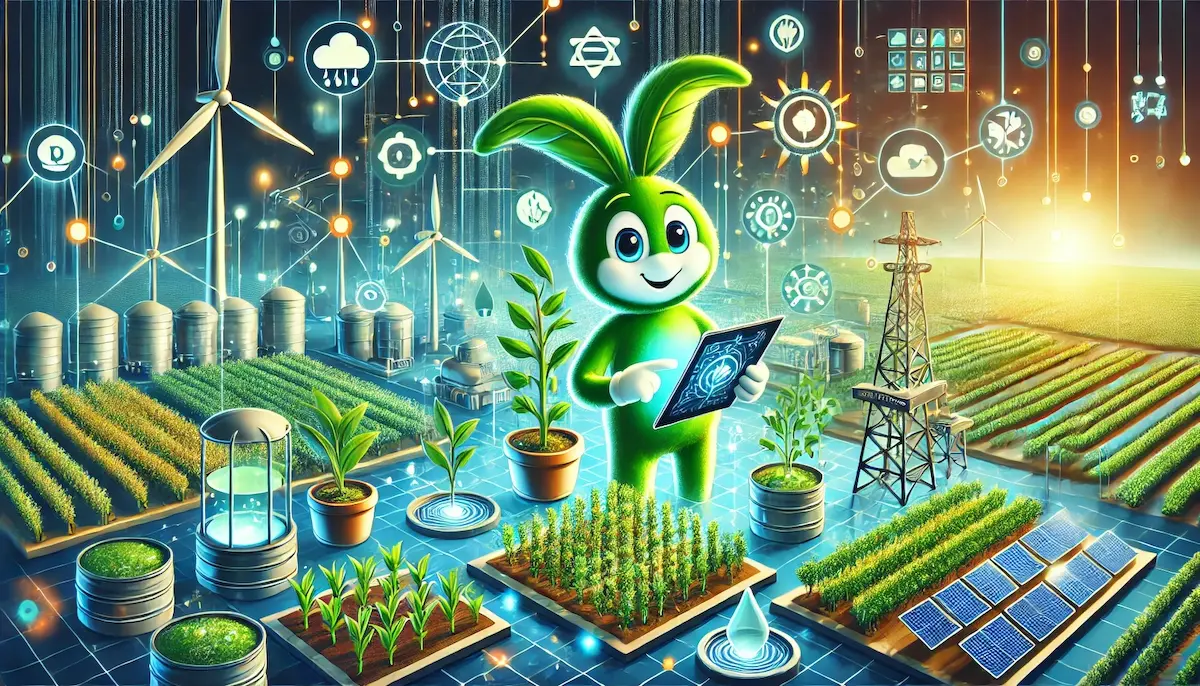Sustainable agriculture is an approach to farming that focuses on producing food while preserving the environment, supporting economic viability, and enhancing the quality of life for farmers and their communities. This method aims to meet the current food needs without compromising the ability of future generations to meet their own needs.
What is Sustainable Agriculture?
Sustainable agriculture integrates three main goals: environmental health, economic profitability, and social equity. It involves using farming practices that maintain the health of the land and water, minimize the use of non-renewable resources, and support the well-being of farmers and their communities. Sustainable agriculture seeks to balance these elements to create a farming system that is resilient and productive over the long term.
Key Practices in Sustainable Agriculture
Crop Rotation and Diversity
Crop rotation involves growing different types of crops in the same area across different seasons. This practice helps prevent soil depletion, reduces pest and disease cycles, and improves soil health. Planting diverse crops also promotes biodiversity, which can enhance ecosystem stability and resilience.
Conservation Tillage
Conservation tillage minimizes soil disturbance by reducing the frequency and intensity of plowing. This practice helps maintain soil structure, reduces erosion, and increases water retention. It also promotes the buildup of organic matter, enhancing soil fertility and carbon sequestration.
Integrated Pest Management (IPM)
Integrated Pest Management combines biological, cultural, physical, and chemical methods to control pests with minimal environmental impact. IPM strategies include using natural predators, crop rotation, resistant crop varieties, and targeted pesticide application. This approach reduces the reliance on chemical pesticides and promotes a balanced ecosystem.
Agroforestry
Agroforestry integrates trees and shrubs into agricultural landscapes. This practice can improve soil health, reduce erosion, and provide additional income sources through products like fruits, nuts, and timber. Trees also act as windbreaks, enhancing microclimates for crops and livestock.
Organic Farming
Organic farming avoids the use of synthetic fertilizers, pesticides, and genetically modified organisms (GMOs). Instead, it relies on natural processes and inputs like compost, green manure, and biological pest control. Organic farming practices promote soil health, reduce pollution, and enhance biodiversity.
Water Management
Efficient water management practices, such as drip irrigation and rainwater harvesting, help conserve water resources. These methods reduce water waste, improve crop yields, and protect water quality by minimizing runoff and leaching of pollutants.
Benefits of Sustainable Agriculture
Sustainable agriculture offers numerous advantages that contribute to environmental health, economic viability, and social well-being.
Environmental Health
Sustainable farming practices help protect and enhance natural resources. By maintaining healthy soil, conserving water, and reducing pollution, these methods support biodiversity and ecosystem services. Sustainable agriculture also mitigates climate change by promoting carbon sequestration and reducing greenhouse gas emissions.
Economic Viability
Sustainable agriculture can be economically profitable for farmers by reducing input costs, improving crop yields, and diversifying income sources. Practices like crop rotation, conservation tillage, and agroforestry enhance soil health and productivity, leading to long-term economic benefits. Supporting local food systems and direct marketing can also provide higher returns for farmers.
Social Equity
Sustainable agriculture supports the well-being of farmers and rural communities. It promotes fair labor practices, improves food security, and enhances the quality of life for those involved in food production. By fostering community engagement and education, sustainable agriculture strengthens local food systems and social networks.
Challenges and Future Outlook
Despite its many benefits, sustainable agriculture faces challenges such as the need for initial investments, the requirement for technical knowledge, and the adaptation of traditional practices. However, ongoing research, policy support, and market demand for sustainable products are driving the adoption of sustainable farming practices.
The future of sustainable agriculture looks promising as global awareness of environmental and social issues grows. Innovations in technology, such as precision farming and agroecology, are expected to further enhance sustainable practices. As the world seeks to balance food production with environmental stewardship and social responsibility, sustainable agriculture will play a crucial role in ensuring a resilient and equitable food system.
Blockfine thanks you for reading and hopes you found this article helpful.
